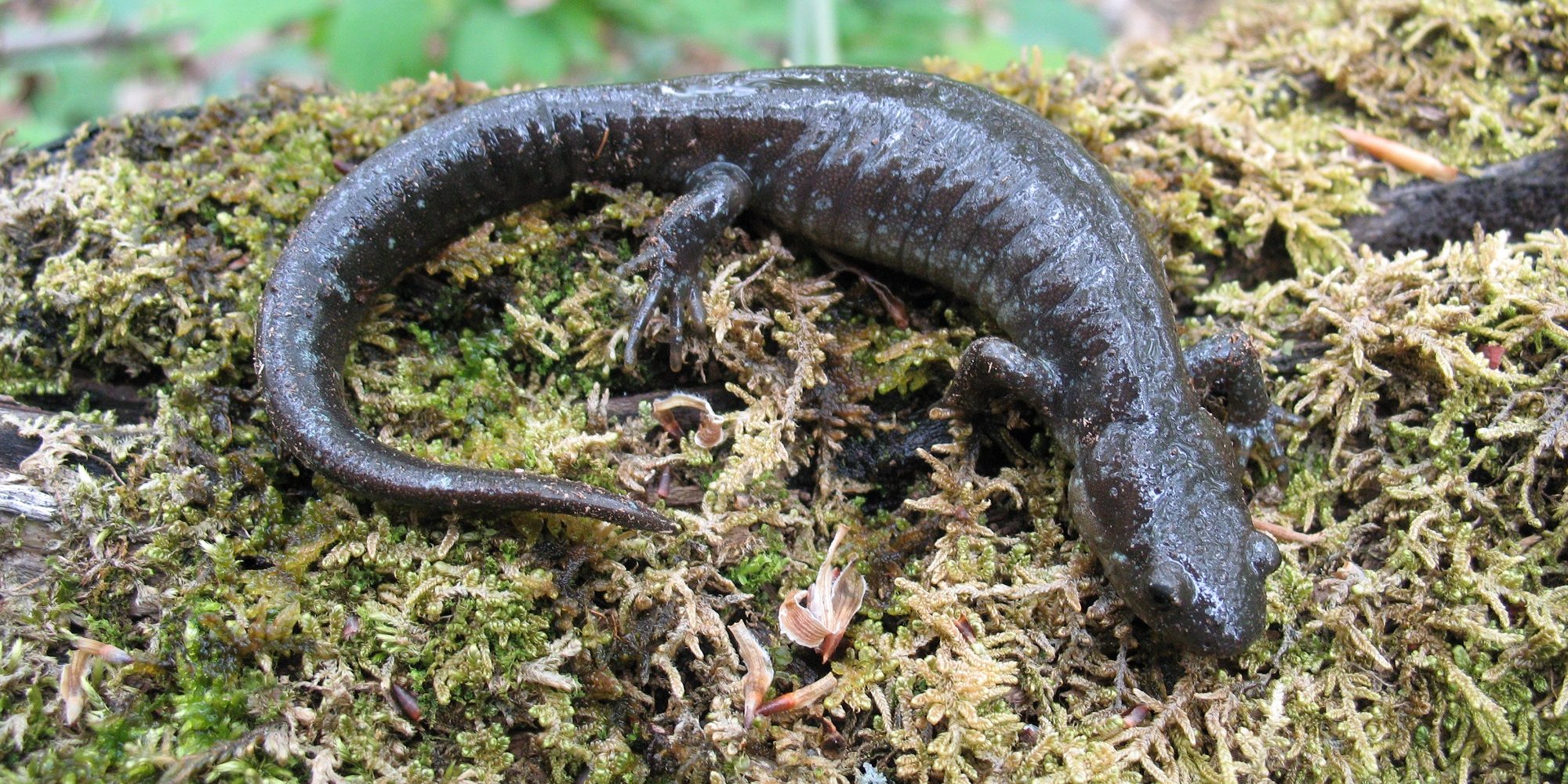The salamanders have crossed; Burlington road opens again
Published April 5, 2024 at 12:49 pm

King Road in Burlington is open again now that most of the salamanders have crossed over to reach nearby breeding grounds.
While a few stragglers continue to travel, Conservation Halton staff remain onsite to monitor the situation.
Traffic has been diverted away King Road between North Service Road and Mountain Brow Road since the beginning of March when the Jefferson salamander began its annual trek.
The closure helps the salamander get to nearby runoff ponds where the breeding takes place.
Since 2012, Burlington has closed the same section of road for the salamanders to cross which has proven to be a lifesaver for the salamander. They are a nationally and provincially protected endangered species because of habitat loss.
Jefferson salamanders spend most of their lives underground. As the weather warms up and the spring rains begin, the salamanders emerge and migrate to breed in temporary ponds formed by run-off, laying their eggs in clumps attached to underwater vegetation. Adults leave the ponds after breeding. By late summer, the larvae lose their gills, become air-breathing juveniles and leave the pond to head into the surrounding forests.
Adult salamanders migrate to their breeding ponds during wet rainy nights. They show a strong affinity for the pond in which they hatched and can be very determined to reach it, sometimes causing them to cross busy roads.
The Jefferson salamander is grey or brown-coloured back, with lighter underparts. Blue flecks may be present on the sides and limbs. They can grow up to 20 cm long and the tail makes up half their length. The salamander can live as long as 30 years.
INsauga's Editorial Standards and Policies









